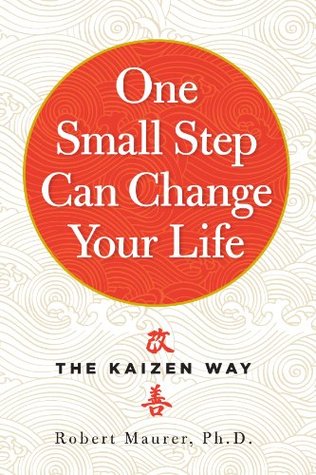More on this book
Community
Kindle Notes & Highlights
Read between
May 24 - September 7, 2022
Kaizen is as much a philosophy or belief system as it is a strategy for success in changing or enhancing some behavior. There are two elements of the spirit, or purpose, in which kaizen plays an essential role: service and gratitude.
Kaizen is an effective, enjoyable way to achieve a specific goal, but it also extends a more profound challenge: to meet life’s constant demands for change by seeking out continual—but always small—improvement.
People who struggle with kaizen do so not because the steps are hard but because they are easy. They can’t overcome the cultural training that says change must always be instantaneous, it must always require steely self-discipline, and it must never be pleasurable.
Small rewards are not only sufficient as an incentive to get a job—especially a dreaded task—done, but they are optimal.
Japanese executives love small rewards not because they’re stingy (although kaizen does encourage us to value cost savings), but because they utilize a basic tenet of human nature: The larger the external rewards, the greater the risk of inhibiting or stunting the native drive for excellence. Big, fancy prizes remove what Dr. W. Edwards Deming, one of kaizen’s most passionate advocates, called “intrinsic motivation.” Dr. Deming understood that most people want to be proud of their work and want to offer useful contributions. But big cash prizes in the corporate world can send the message that
...more
small rewards encourage internal motivation because they are really a form of recognition rather than material gain, signaling that the corporation or boss appreciates the employee’s internal desire to improve and contribute.
The beauty and the challenge of kaizen is that it requires faith. Not necessarily religious faith, or a rigid and unthinking commitment, but a belief in the power of your body and brain to carry you where you need to go. By taking small steps, you set your mental compass in a new direction, allowing your mind to do the rest.


